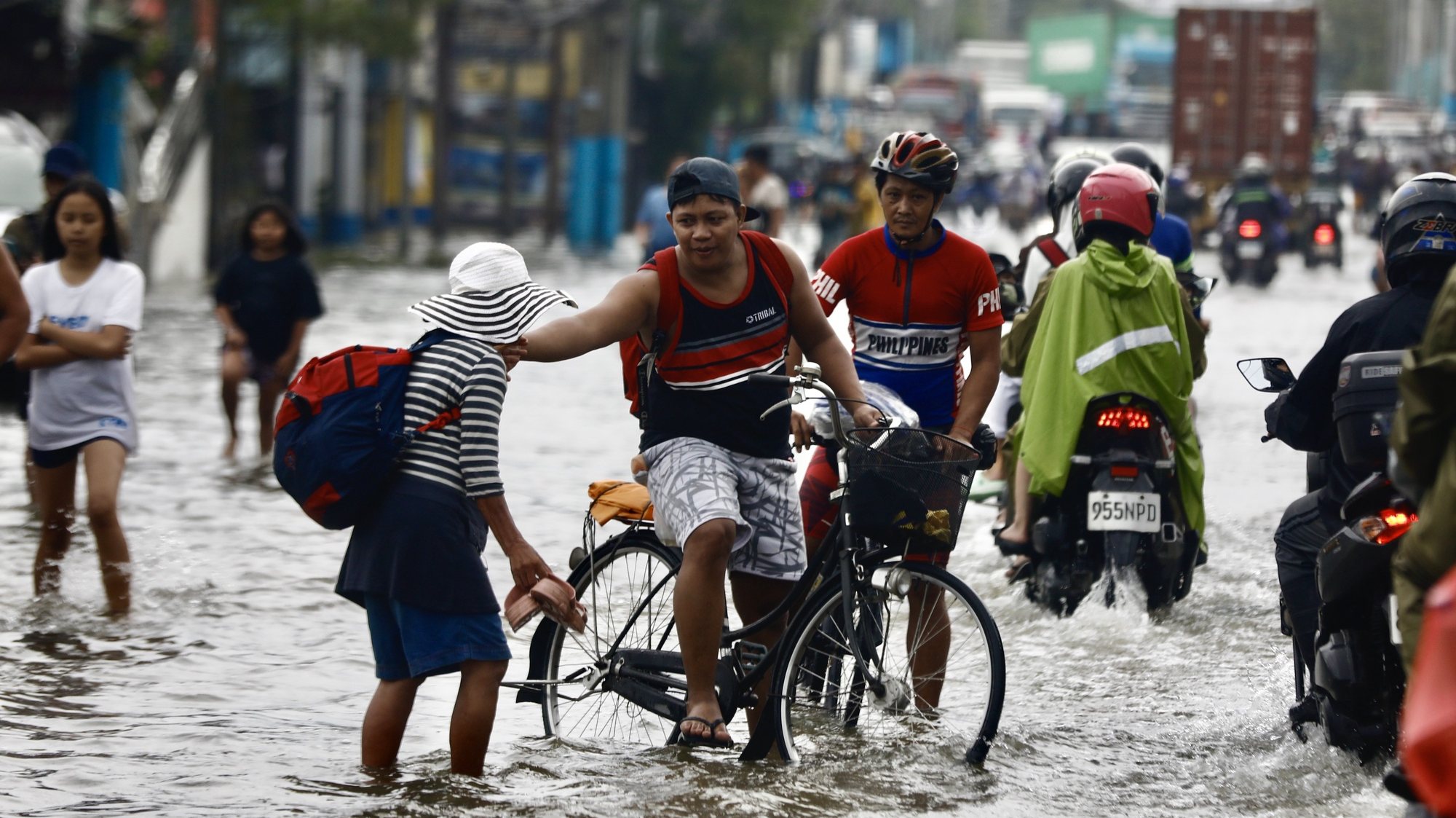The consequences of climate change such as floods, droughts and heat waves could cause up to 14.5 million deaths by 2050, according to a report published Thursday on the eve of National Nature Conservation Day, commemorated on Sunday.
Established in Portugal in 1998, this day draws attention to the preservation of natural heritage, essential for the well-being of people and the sustainability of economies.
Prepared by the North American management consulting company OIiver Wyman, in collaboration with the World Economic Forum (WEF), the study “Assessment of the impact of climatic alterations on human health” analyzes the consequences resulting from the gradual increase in the average temperature of the planet. public health.
“Floods represent the greatest risk of mortality, with an estimated 8.5 million deaths by 2050, followed by droughts (3.2 million) and heat waves (1.6 million),” said a statement in the report, which estimates that “the total costs” of “health systems spending to treat diseases caused by climate change will exceed one billion euros” in the same year.
In addition to them, the study analyzes the Negative health effects of tropical storms, wildfires and rising sea levelsindicating that around 70% of these deaths will occur in high-risk regions, especially in Southeast Asia.
Asia is the region where the impact of climate change on health is expected to be greatest“economic losses of around 3.2 billion euros” were estimated.
In terms of economic losses, they are followed by Europe (2.3 billion), South America (1.9 billion) and Africa (1.8 billion euros).
Due to a lack of resources and essential medical equipment, as well as inadequate infrastructure, the The African continent “is in a position of greater vulnerability face the health impacts of climate change than other regions.”
The study by the group’s strategic consultant, Marsh McLennan, “presents emissions reduction strategies to avoid economic losses of up to 11.5 billion euros by 2050”, considering that the role of the private sector is crucial and “should be encouraged by governments”.
At the level of direct economic incentives Measures such as “tax credits, subsidies or research grants to support initiatives aimed at mitigating the impacts of climate change” are mentioned, as well as the creation of regulations “that encourage innovation.”
“The public sector has another role, essential in the resilience of health systems to the effects caused by climate and meteorological changes, such as training in infrastructure.”
Source: Observadora
